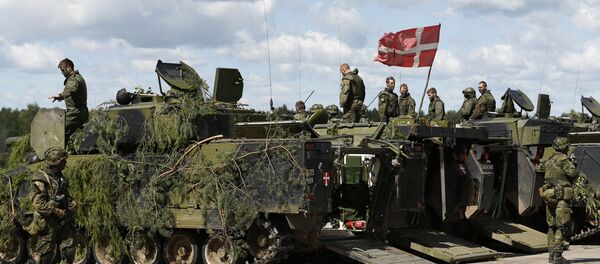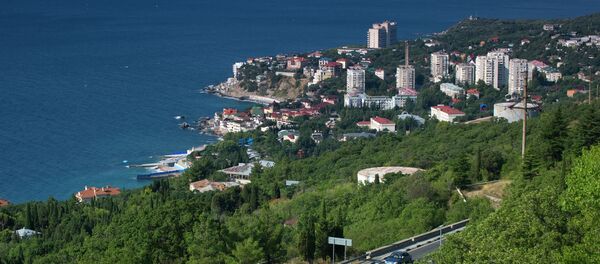"In many ways, the Russians are much more correct than the West in their interpretation of what happened in the first 20 years after the Cold War until 2010. Russia's interpretation is much closer to reality than the West. We have treated them disrespectfully, as if they were a third-rate power," Wæver told the Danish newspaper Politiken.
According to Wæver, it is only natural that Russia has perceived NATO's behavior as "aggressive," as a number of former Soviet states have successfully integrated into NATO, despite earlier pledges by the alliance to stay away from these particular countries. Wæver also pointed out a series of military build-ups that NATO effectively carried out under the pretext of "Russian aggression," such as the accumulation of warships and tanks in the Baltic Sea area or the deployment of missile defense elements in Romania.
According to Weaver, it is completely wrong to interpret this as a Russian expansion, as Russia is very well aware that an attack against a NATO country is ruled out. Therefore, the fear of a Russian invasion of eastern European countries exaggerated.
However, NATO still plans to deploy up to 6,000 troops in the Baltic countries, as well as Poland, Romania and Bulgaria to parry an imaginary Russian threat. Denmark is currently deciding on whether to contribute with 150 troops to NATO's buildup in the Baltic. Remarkably, Ole Wæver believes it is actually a good idea, as it can help to plug the remaining security holes in Europe. According to him, the Baltic is one of the few areas, where Russia could "wreak havoc." However, he believes, NATO should simultaneously refrain from deploying troops to Poland, Romania and Bulgaria, as well as drop the "stupid" missile system altogether.
"It is a provocation and there will naturally be a Russian response. Not aggressive, but we will strengthen our defenses because of it. We cannot support this decision. We need to end this chapter of hostilities — but it comes first and foremost from the Danish side, not the Russian," Vanin told Politiken.
"Russia can obviously never like the fact that US and other non-Baltic warships keep sailing close to our territory or naval bases. Naturally, we do not behave likewise in the Atlantic or the Pacific Ocean. We do not come into your backyard, do not come into ours," Vanin said.





